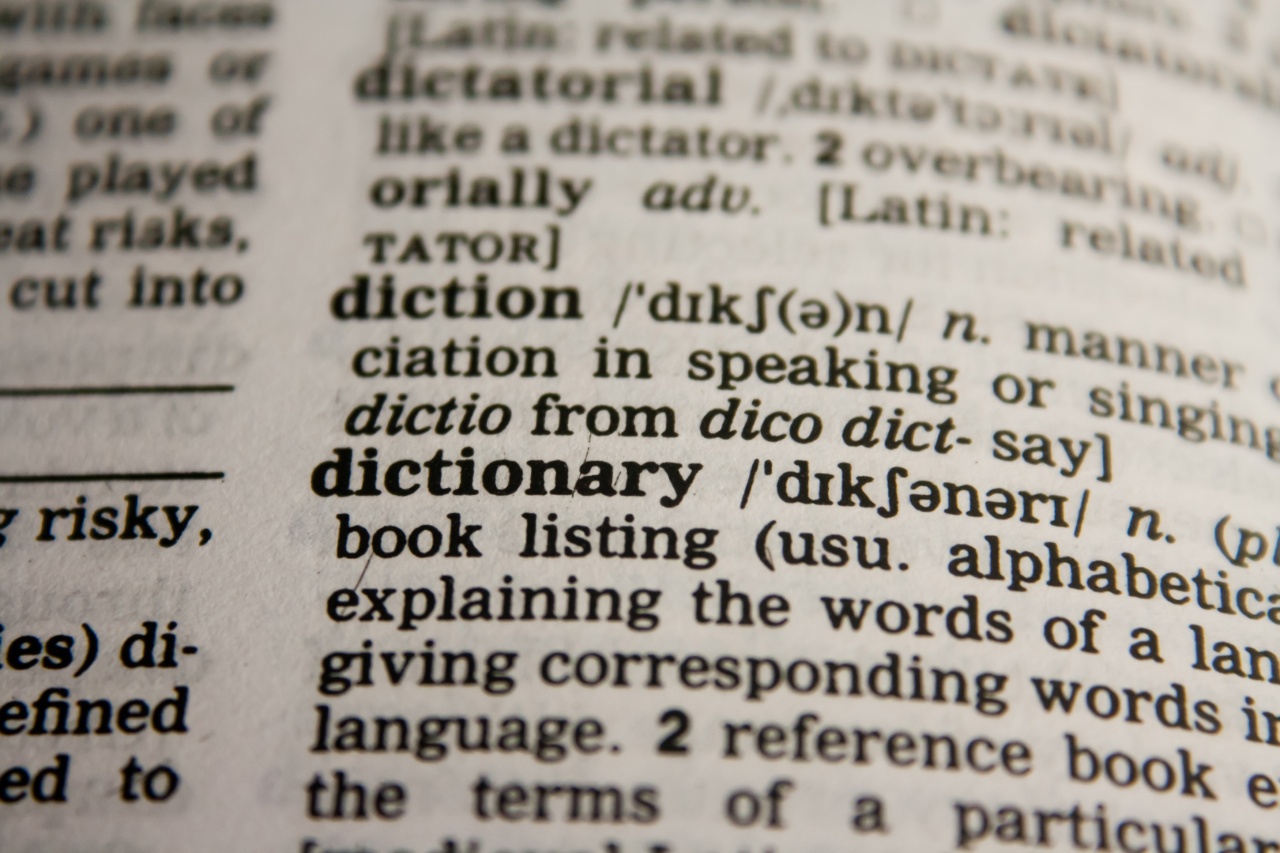Reading is an activity that involves decoding written words and comprehending their meaning. It is an essential skill that allows individuals to access and process information.
This article will explore the definition of reading as well as the underlying factors that influence how reading is learned and developed.
What is Reading?
Reading is the ability to interpret and comprehend written words and symbols. It involves identifying letters, recognizing words, and understanding the meaning of sentences and paragraphs.
Reading is a critical skill that allows individuals to access and process information. Without reading, we would not be able to understand written instructions, navigate the internet, or learn about the world around us.
The Process of Reading
Reading is a complex process that involves several steps. The first step is decoding, which involves recognizing letters and words. The second step is comprehension, which involves understanding the meaning of what has been read.
The third step is retention, which involves remembering what has been read. In order to become proficient readers, individuals need to develop skills in each of these areas.
Factors that Influence Reading Development
There are several factors that influence how individuals learn and develop reading skills. These factors include:.
1. Phonemic Awareness
Phonemic awareness is the ability to hear and manipulate individual sounds in spoken words. This skill is important for learning to read because it helps individuals recognize and decode words.
Individuals who have difficulty with phonemic awareness may struggle with reading because they have difficulty recognizing and decoding words.
2. Vocabulary
Vocabulary is the knowledge of words and their meanings. Individuals with a larger vocabulary have an easier time reading because they are able to recognize more words and understand their meanings.
In addition, individuals with a larger vocabulary are able to make connections between words and concepts, which can improve comprehension.
3. Fluency
Fluency is the ability to read text quickly and accurately. Individuals who are fluent readers are able to decode words effortlessly, which allows them to focus on comprehension.
Fluent readers are also able to recognize and process larger chunks of text, which can improve overall comprehension.
4. Comprehension Strategies
Comprehension strategies are techniques used to improve understanding of text. Examples of comprehension strategies include making predictions, asking questions, and summarizing.
Individuals who use comprehension strategies are able to better understand what they have read and remember the information for longer periods of time.
5. Background Knowledge
Background knowledge refers to an individual’s prior knowledge and experiences. Individuals who have more background knowledge are able to make connections between new information and what they already know.
This can improve comprehension and retention of new information.
Conclusion
Reading is an essential skill that allows individuals to access and process information. It is a complex process that involves several steps, including decoding, comprehension, and retention.
Several factors influence how individuals learn and develop reading skills, including phonemic awareness, vocabulary, fluency, comprehension strategies, and background knowledge.






























